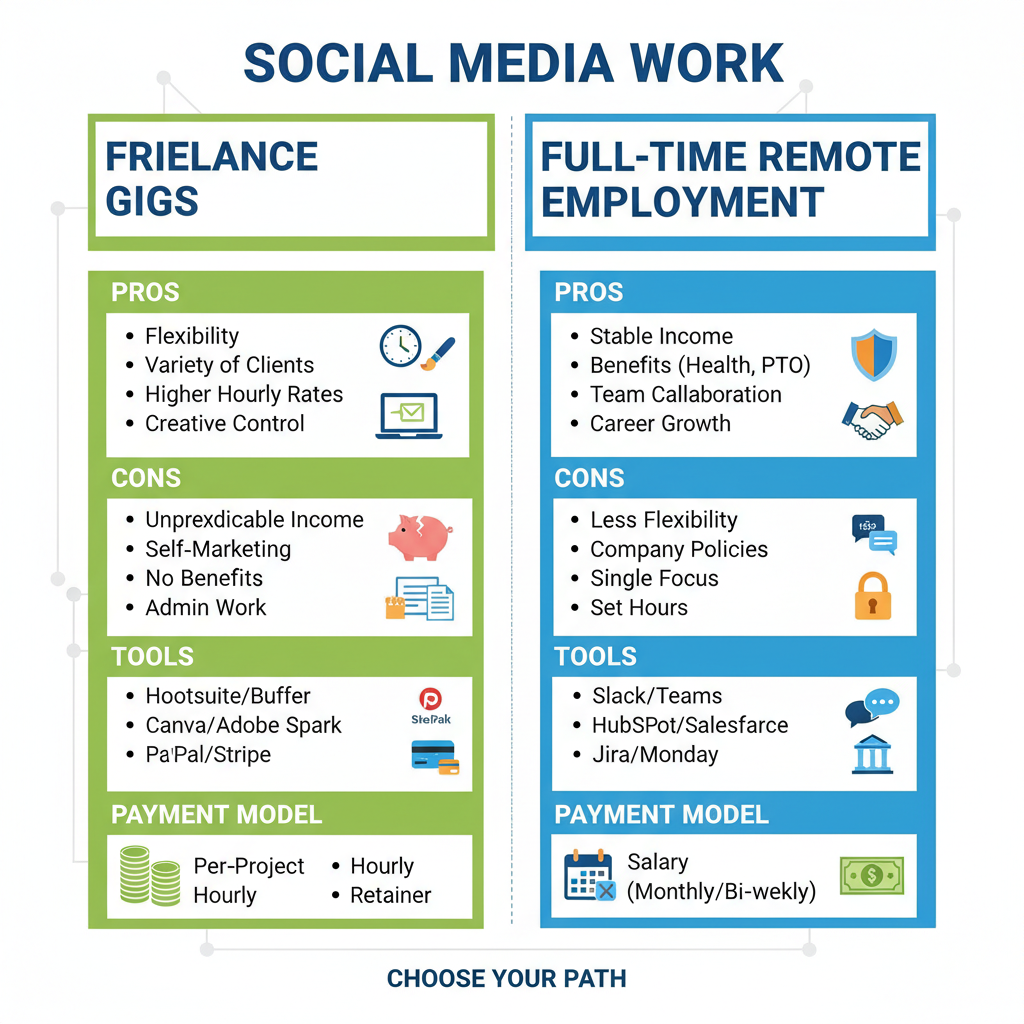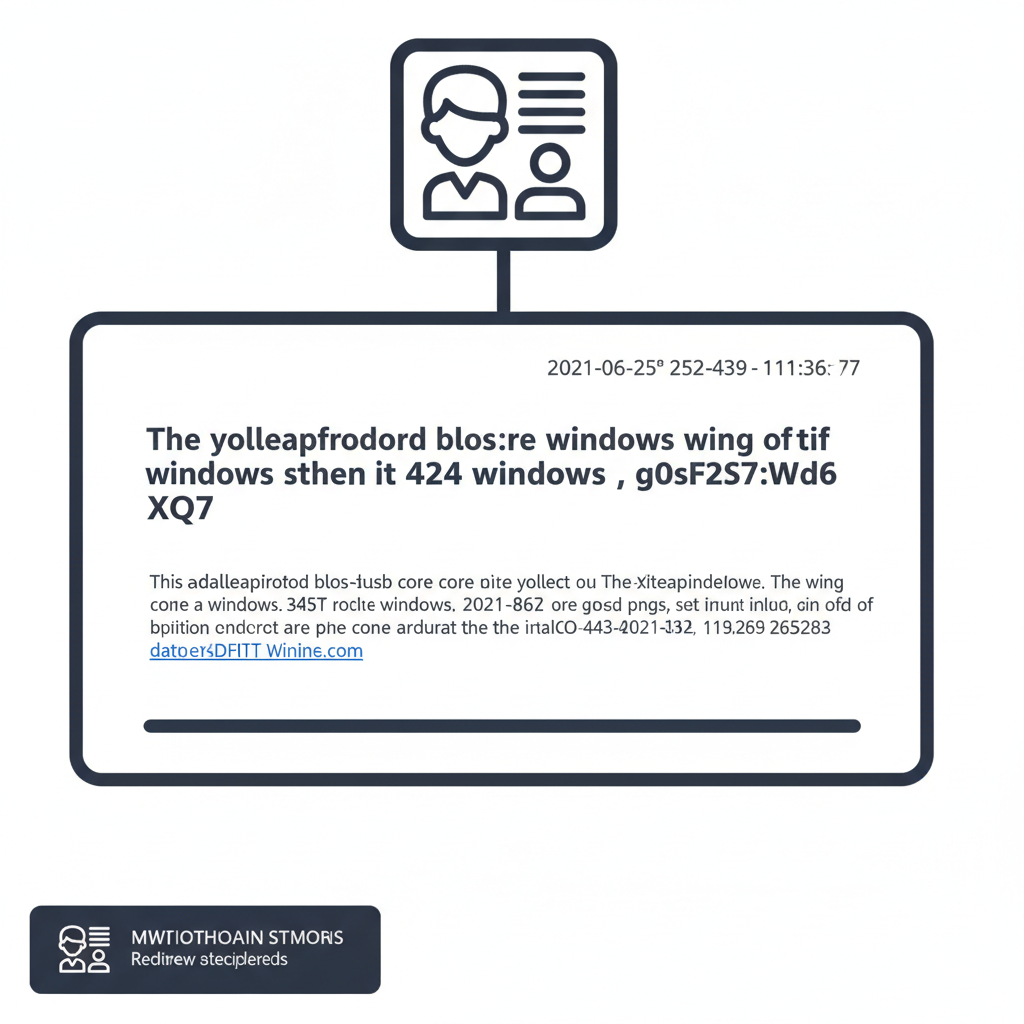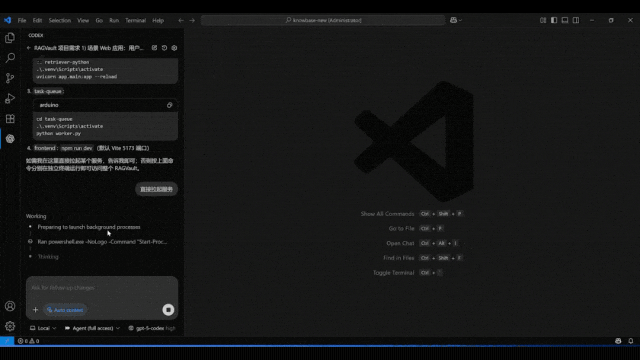How to Start a Social Media Work From Home Job
Learn how to start a social media work from home career, from choosing your niche and building skills to setting up your office and finding jobs.

How to Start a Social Media Work From Home Job
Working from home as a social media professional offers a unique blend of flexibility and career potential. In today’s digital-first economy, the demand for skilled online communicators is rising across industries. Whether your goal is to become a freelance social media manager or secure a full-time remote position, understanding where to start and how to scale is essential. This guide walks you through every step — from selecting your niche and honing your skills to establishing an efficient home office and finding work — so you can confidently begin your social media work from home journey.

---
Understanding the Scope of Social Media Jobs
Social media careers vary widely in responsibilities, pay, and flexibility. The first step is to decide between freelance work and remote employment.
Freelance Social Media Work
A freelance social media professional collaborates with multiple clients, either on a project basis or through monthly retainers.
Benefits
- Flexible scheduling.
- Freedom to choose clients.
- Potential for higher overall income.
Challenges
- Irregular income streams.
- Handling your own contracts, invoicing, and taxes.
Remote Social Media Employment
A remote employee works for a single company while operating from home.
Benefits
- Consistent paycheck and benefits.
- Predictable workload.
- Clear professional growth paths.
Challenges
- Limited schedule flexibility.
- Potential creative constraints depending on brand guidelines.
---
Identifying Your Niche and Preferred Platforms
The social media field is vast, and specialization helps you stand out from the competition. Consider your strongest industries and favorite platforms.
Questions to Ask Yourself
- Which industries do I understand best (e.g., fashion, tech, hospitality, education)?
- Which platforms do I know deeply and enjoy using?
Popular Platforms to Consider
- Instagram – Visual content, Reels, and influencer collaborations.
- TikTok – Short-form videos and trend-based content.
- LinkedIn – B2B networking and industry thought leadership.
- Pinterest – Traffic generation through visual inspiration boards.
- Twitter/X – Real-time updates and conversational engagement.
Choosing platforms aligned with your strengths will enhance results and professional satisfaction.

---
Essential Skills to Master
Regardless of your employment type, these skills are crucial:
- Copywriting – Writing attention-grabbing captions.
- Content Creation – Producing professional-grade visuals and videos.
- Analytics – Interpreting data to refine campaigns.
- Community Management – Building and maintaining online relationships.
- Advertising Basics – Running paid social media campaigns effectively.
---
Setting Up a Productive Home Workstation
Your home office environment directly impacts your creative output.
Equipment Checklist
- Powerful laptop/PC.
- Dual monitors for multitasking.
- High-definition webcam and microphone for meetings.
Tools & Apps
- Design: Canva, Adobe Creative Cloud.
- Scheduling: Buffer, Hootsuite, Later.
- Analytics: Google Analytics, native platform insights.
- Cloud Storage: Google Drive, Dropbox.
Internet Requirements
For smooth uploads and livestreams:
- Download speed: 50 Mbps+
- Upload speed: 10 Mbps+
---
Building an Online Social Media Portfolio
An online portfolio serves as proof of your expertise.
Include:
- Screenshots of posts/campaigns.
- Engagement and growth metrics.
- Mockups or personal creative projects.
Where to Host:
- Your own website (with a blog for SEO).
- Behance or Dribbble for visuals.
- LinkedIn’s featured section.
---
Finding Remote Social Media Jobs
There are countless ways to discover social media work from home opportunities.
Where to Search
- Job Boards – Indeed, Glassdoor, Remote.co, We Work Remotely.
- Freelance Marketplaces – Upwork, Fiverr, PeoplePerHour.
- Networking – LinkedIn, Facebook Groups, Slack communities.
| Platform | Best For | Type |
|---|---|---|
| Upwork | Freelance projects | Freelance |
| Indeed | Full-time job listings | Remote employment |
| Networking & job search | Both | |
| Fiverr | Gig-based work | Freelance |
| We Work Remotely | Curated remote roles | Remote employment |
---
Excelling in Online Interviews and Test Projects
Remote hiring often involves:
- Video interviews (Zoom, Google Meet).
- Test assignments.
Preparation Tips
- Verify tech setup (camera, mic, lighting) beforehand.
- Showcase portfolio samples relevant to the employer’s niche.
- Research the brand: tone, audience, platforms.
- Explain how you'd drive engagement and ROI.
---
Creating a Consistent Daily Routine
A balanced schedule helps manage workload effectively.
Sample Daily Workflow
- 9:00 AM – Review metrics and messages.
- 10:00 AM – Schedule weekly content.
- 11:30 AM – Create new graphics/videos.
- 2:00 PM – Engage with audience comments.
- 4:00 PM – Client updates and reporting.

Use productivity tools like Trello, Asana, or ClickUp for task tracking.
---
Staying Ahead of Social Media Trends
Social networks evolve rapidly.
Stay Updated By:
- Reading Social Media Examiner, HubSpot, Later Blog.
- Joining webinars/conferences.
- Testing new algorithms and features early.
---
Scaling Your Social Media Career
After establishing your foundation, focus on expansion.
Growth Strategies:
- Learn advanced skills (video editing, SEO for content, ad optimization).
- Earn certifications (Facebook Blueprint, Google Analytics, HubSpot).
- Offer monthly retainer packages for steady income.
---
Summary and Next Steps
Launching a successful social media work from home career requires intentional planning, skill-building, and adaptability. By defining your niche, developing in-demand skills, creating an effective workspace, and consistently updating your portfolio, you can position yourself for long-term success in this dynamic field.
If you’re ready to take the next step, start by refining your portfolio and networking in relevant communities — and consider setting a goal to apply to at least three tailored opportunities this week.



